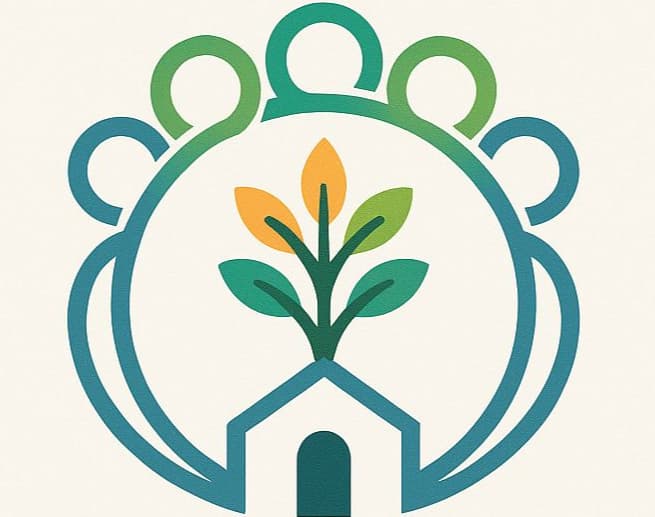We’re happy to share that Egyesek is one of the five partner organizations in a new European cooperation project called APERO.
APERO brings together grassroots organizations from Germany, Spain, Bulgaria, Serbia, and Hungary to learn from each other and grow stronger together. Over the next two years (2024–2026), we’ll explore how to build more inclusive, youth-led, and resilient community spaces, especially in rural areas.
What’s it all about?
The project focuses on real-life knowledge exchange between organizations working on community participation, youth leadership, and organizational development. It’s about sharing what works — and what doesn’t — through direct experience, not just theory.
One of the main tools of APERO is job shadowing. Each organization will send and host team members and youth workers for short visits to observe, learn, and get involved in each other’s daily work.
How Egyesek is involved
We’ll be sending at least 5 people from our team and community to spend time with partner organizations and bring back fresh ideas.
We’ll also host visitors here in Hungary — people who are interested in seeing how we:
- do outreach youth work in rural areas
- run our youth center in Szécsény
- coordinate volunteers
- use social media and digital tools for engagement
- organize international youth exchanges
If you join us for a job shadowing experience, you’ll be able to observe, participate, and reflect with our team in Budapest, Hollókő, or Szécsény.
Who’s involved?
Here are the partner organizations behind APERO:
- Smokinya Foundation – Bulgaria
- De Amicitia – Spain
- Egyesek Youth Association – Hungary
- Magnet House – Serbia
- CitizensLab – Germany (Project Coordinator)
The journey has already started
The project kicked off this spring with our first in-person meeting in Berlin, hosted by CitizensLab. We had a few powerful days of connecting, sharing practices, and shaping the next steps together.
We’re looking forward to what’s ahead — and we’ll keep sharing along the way.
Stay tuned if you’re curious about how grassroots learning can cross borders
